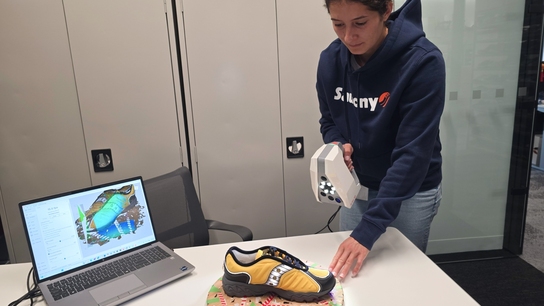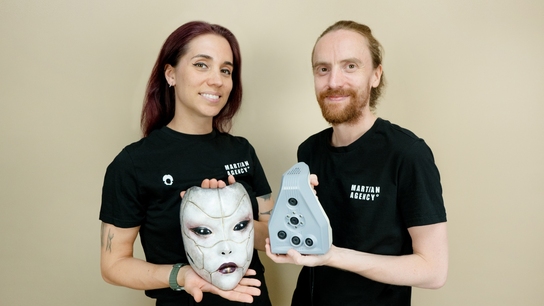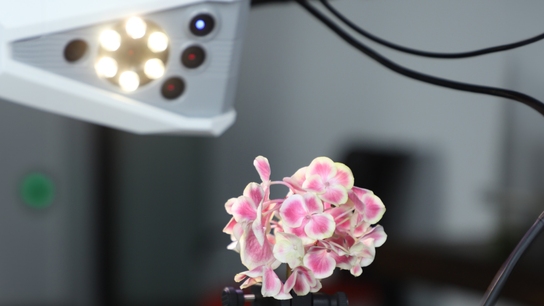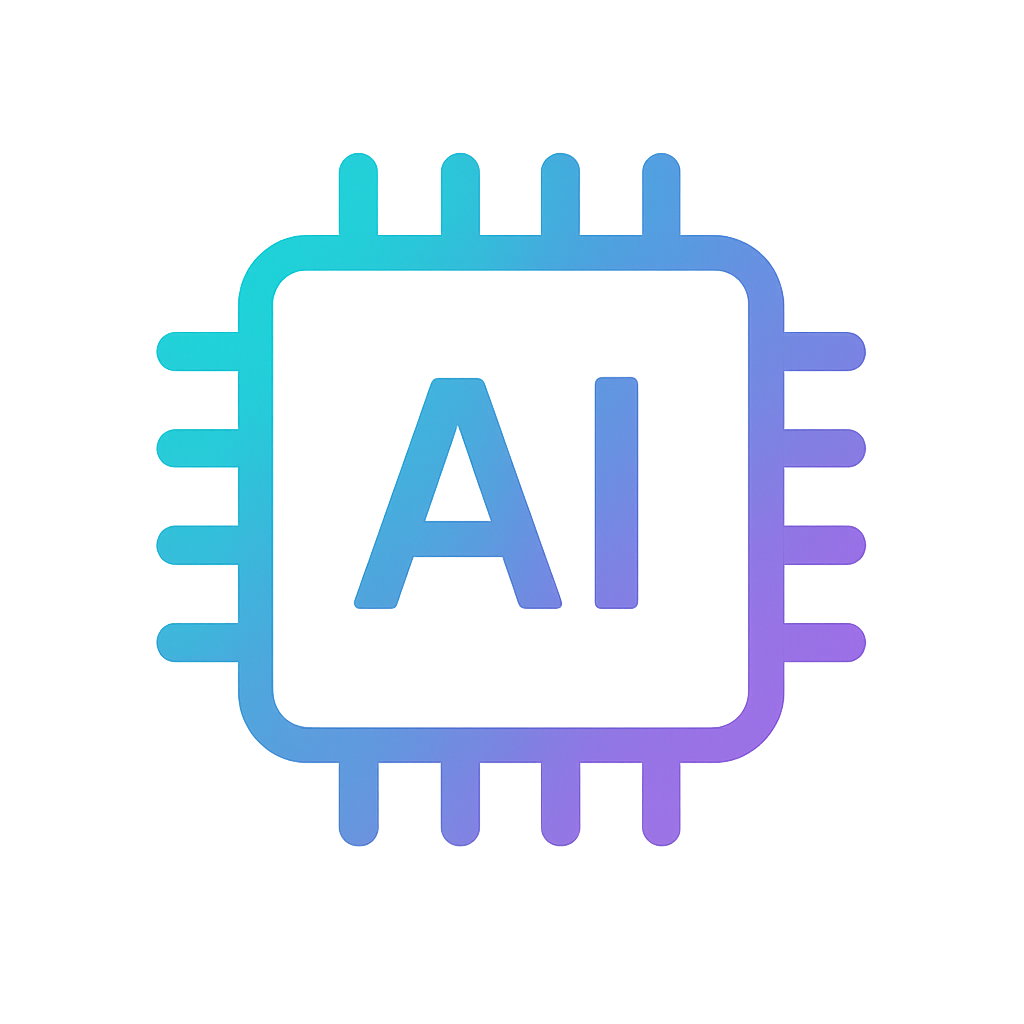President Barack Obama scanned with Artec Eva to create first ever 3D presidential portrait
Challenge: To capture the 44th President of the United States’ likeness using 3D tech, thus creating the first-ever 3D presidential portrait of a US leader.
Solution: Artec Eva, Artec Studio
Results: The very first 3D-printed bust and life mask of a US president, as well as photorealistic 3D models.Obama makes history (again) by becoming the presidential subject of a 3D scan
Former US President Barack Obama’s time in office was a tenure of firsts. And in 2014, when he sat down to have his presidential portrait taken, he added another to his long list of accomplishments. This one might not rank quite as high up the list as his Nobel Peace Prize, but all the same the 44th POTUS made history by being the first to have his presidential portrait produced using 3D scanning.
The project, created by a Smithsonian-led team of 3D-digital-imaging specialists, drew inspiration from Abraham Lincoln’s life mask, molded nearly two centuries prior. The two leaders’ experiences, however, were very different. And that contrast is emblematic of the progress technology has made in that time.
President Lincoln had a plaster cast placed over his face and reportedly had to wait for about an hour for it to set before it could be removed. The commander in chief had to breathe through holes in the cast (some accounts say through straws in his nostrils!) while he waited.

The Lincoln life masks, the last of which was molded just two months before his assassination in 1865, inspired the Smithsonian project.
Removing the mold once it had been set was a process Lincoln is said to have described as “anything but agreeable.” Leonard Wells Volk, the sculptor who created the first Lincoln life mask in 1860, described how the plaster cast “clung pretty hard.” And with an artist’s typical concern first for his works, he wrote about how the mold was “all in one piece, with both ears perfectly taken,” and added that “it hurt a little, as a few hairs of the tender temples pulled out with the plaster and made his eyes water.”
Fast forward just over a hundred and fifty years and President Obama strides into a room to sit in front of a lighting rig right under, as it happens, a portrait of Abraham Lincoln. He holds his presidential pose, and an array of 50 custom-built LED lights, eight high-res sports photography cameras, and six additional wide-angle cameras fire off over a period of about one second.
He then turns away from the lights and cameras and sits still for about 90 seconds as two digitization professionals capture his likeness using Artec Eva, a powerful structured-light 3D scanner that is capable of capturing and simultaneously processing up to 18 million points per second, with an accuracy of up to 0.1 mm. From the moment the president enters the room, the whole thing is done in about 7 minutes.
Lincoln looks on wistfully.

Ideal for scanning both medium-sized objects and people, Artec Eva captured every feature of the president
The hand-scanned and photographic data were combined and processed the next day. The result of this combination was a master file of 3D mesh in the form of 15 million triangles which would be used to 3D print the Obama bust, a life mask, and would also provide 3D models for digital viewing.
The 3D datasets and the printed models were added to the Smithsonian’s National Portrait Gallery collection, which has multiple images of every US president. The Obama life mask joins George Washington’s, created by Jean-Antoine Houdon, and Abraham Lincoln’s first and second life masks, created by Volk in 1860 and Clark Mills in 1865 respectively.

One of the world’s most famous faces, now digitized
Artyom Yukhin, President and CEO of Artec 3D, had this to say:
“We are very proud that our scanners were used to 3D scan President Obama. With our technology, 3D scanning has never been easier and more accessible. In fact, anyone can now get their 3D portrait done, not only the US President.”
Scanners behind the story
Try out the world's leading handheld 3D scanners.





